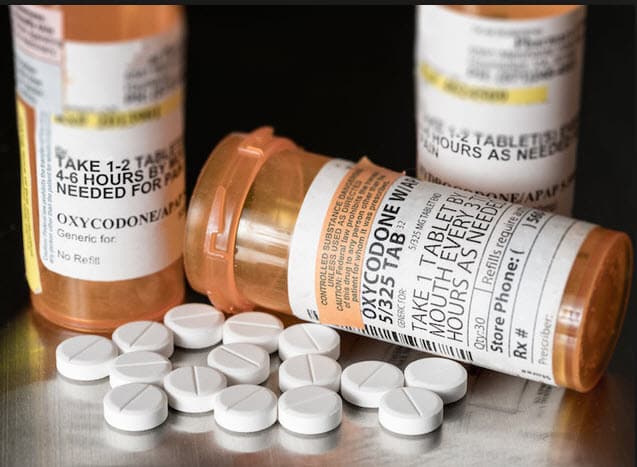
In a rare bipartisan effort, Senators Edward J. Markey (D-Mass.) and Mike Braun (R-Ind.) introduced two bills last week aimed at combating the opioid epidemic. The first first piece of legislation is called Lessening Addiction By Enhancing Labeling (LABEL) Opioids Act. The bill calls for labeling prescription opioid bottles with a consistent, clear, and concise warnings that opioids may cause dependence, addiction, or overdose.
The second bill, entitled the Safe Prescribing of Controlled Substances Act, requires any prescriber of opioid medication to undergo mandatory education on safe prescribing practices. Specifically, it mandates that all prescribers, who are applying for a federal license to prescribe controlled substances, must complete mandatory education to help encourage responsible prescribing practices.
Nearly 50 percent of opioid dependence originates with prescribed opioid painkillers. The two pieces of legislation seek to make sure patients and prescribers understand the dangers and full impact those prescriptions may have on the life of a patient.
Specifically, the LABEL Opioids Act would require the Food and Drug Administration (FDA) to issue regulations providing for a warning label to be affixed directly to the opioid prescription bottle handed to the patient by the pharmacist. Utah, Arizona, and Hawaii have passed state laws requiring labeling of prescription opioids, and legislation has been introduced in several other states. Last year, Canada issued regulations to require opioid labeling nationally. Congressman Greg Stanton (D-AZ-09) has introduced companion legislation in the House of Representatives.
The Safe Prescribing of Controlled Substances Act mandates education for prescribers that focuses on best practices for pain management and alternative non-opioid therapies for pain. Such education includes methods for diagnosing and treating a substance use disorder, linking patients to evidence-based treatment for substance use disorders, and tools to manage adherence and diversion of controlled substances. The legislation also requires the Department of Health and Human Services to monitor and evaluate the impact this new education requirement has on prescribing patterns.
The Council on Recovery supports these bipartisan efforts by the U.S. Congress to address the opioid epidemic.
If you or a loved one is struggling with opioid addiction or any substance use disorder, call The Council on Recovery at 713-942-4100 or contact us online.
